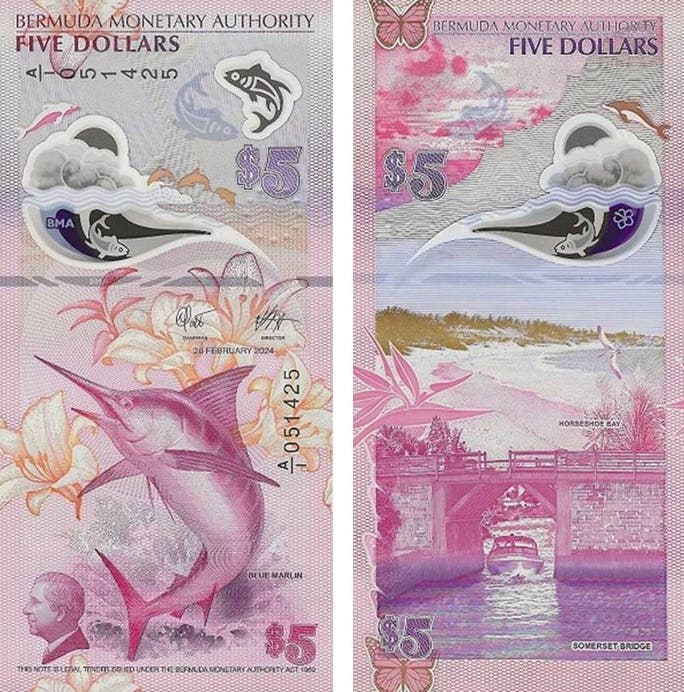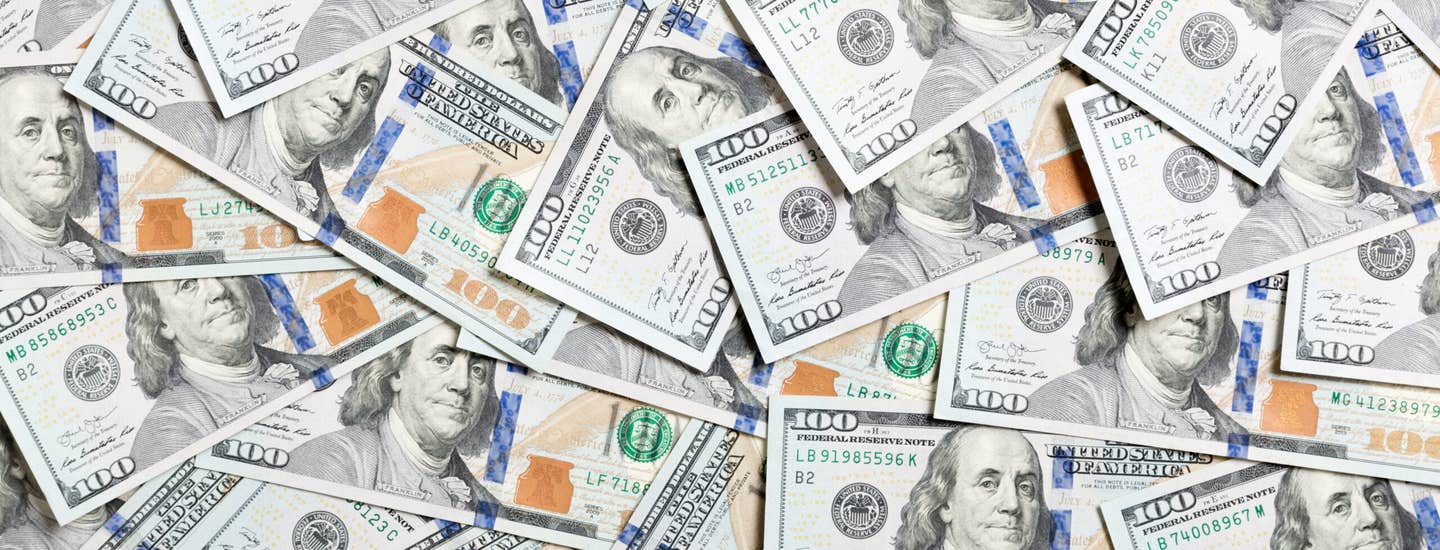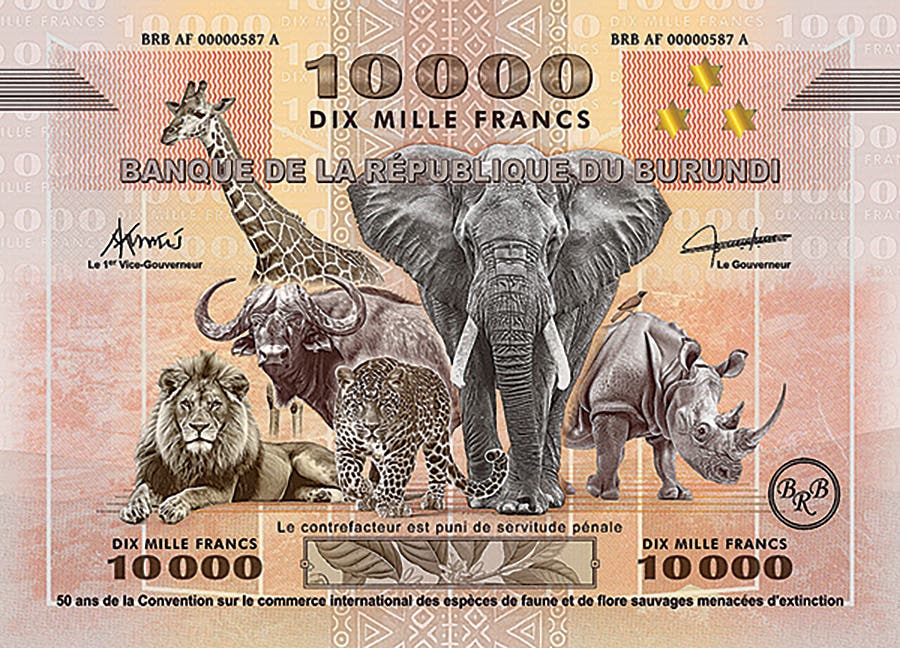India Withdraws its 2,000-Rupee Bank Note
Due to inflation many countries are considering introducing higher denomination coins or bank notes. Not India. The Asian nation is withdrawing its highest denomination bank note, a note with a…
Due to inflation many countries are considering introducing higher denomination coins or bank notes. Not India. The Asian nation is withdrawing its highest denomination bank note, a note with a face value of 2,000 rupees.
According to the Reserve Bank of India, there is evidence the denomination is not being commonly used for transactions. An official statement from the RBI reads, “The stock of bank notes in other denominations continues to be adequate to meet the currency requirement of the public.”
India’s 2,000-rupee bank note is worth about $24.50 U.S. on international exchanges. The denomination was introduced in 2016 following the Narendra Modi-led government having withdrawn the 500-, and 1,000-rupee notes on short notice in an effort to allegedly flush out counterfeits in circulation. The ultimate result appears to have been to create a shortage of cash in circulation rather than to get rid of counterfeits. An estimated 86 percent of cash in circulation was wiped out by the move. By November 2016 a new 500-rupee note was being introduced to relieve the situation.
It is speculated that by withdrawing the 2,000-rupee note the government may now have to re-introduce the 1,000 rupee.
RBI Finance Ministry official T.V. Somanathan said the withdrawal and demonetization of the 2,000 rupee will not disrupt “either in normal life or in the economy.”
Economist and former chief statistician of India Pronab Sen defended the withdrawal of the 2,000 rupee note, calling it “a sensible form of demonetization.”
ICRA Ltd. is a credit rating and professional investment information commercial banking company. ICRA Senior Vice President Financial Sector Ratings Karthik Srinivasan said the RBI move could impact banks’ deposit accretion rates and “could improve [deposits] marginally in the near term.”
Srinivasan added, “This will ease the pressure on deposit rate hikes and could also result in moderation in short-term interest rates.”
There appears to be a ‘but’ alongside the RBI’s official line on the beleaguered note. Most of India’s political parties hoard their election campaign funds in high denomination bank notes rather than depositing the money in banks.
By tradition in India the political parties receive funds in cash, checks, or electoral trusts. Modi’s Bharatiya Janata Party made changes to the election contribution rules in 2017, removing the cap on corporate donations that had been limited to no more than 7.5 percent of their average net profits over a three year period. Partially foreign owned companies could donate for the first time, and companies no longer needed to disclose to which party they donated.
Further changes allowed individuals or companies to deposit money anonymously in a political party’s bank account at the State Bank of India by purchasing electoral bonds. Political parties must declare the amount of money they have received through the bonds, but not the funders’ identity. No disclosure is necessary for ‘unaccountable’ funds received and kept in cash.
There is no limit to how much political parties can spend, however parliamentary candidates are limited individually to spending a maximum of 7 million rupees. The cap on parliamentary candidates has quickly become meaningless due to a lack of oversight by the Election Commission of India.
In late 2021 tax officials seized more than 1.94 billion rupees (about $26 million US at that time) and 23 kilograms of gold ahead of assembly elections in five Indian states.
At that time Reuters reported, “The seizures also shone a spotlight on the hot political issue of undeclared ‘black money’ in a country where millions of people scratch a living on a dollar or two a day.”
Elections are scheduled to take place in four Indian states at the end of 2023, followed by a national election in Spring 2024.
On May 19 Reuters reported, “Most of India’s political parties are believed to hoard cash in high denomination bills to fund election campaign expenses to get around tough spending limits imposed by the Election Commission.”
The 2,000-rupee bank note continues to be legal tender for now, but the clock runs out on September 30, the date by which people are asked to deposit the notes or exchange them for smaller denominations.








